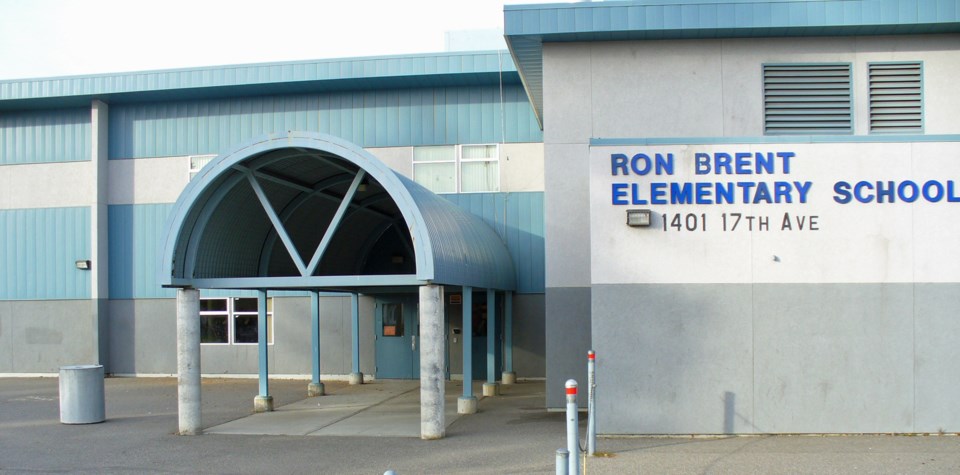On March 7, the Fraser Institute issued its Report Card on British Columbia’s Elementary Schools and in doing so named Ron Brent Elementary as the worst school in the province. I would have written something sooner, but unfortunately for me I started my academic career in those hallowed halls.
Just imagine what I could have done if I attended Corpus Christi in Vancouver. Perhaps I would have become a full professor before 40 or skipped the leadership of the National Collaborating Centre for Indigenous Health to just become a senator.
In all seriousness, the Fraser Institute has been a bit of a thorn in my side for a while now. Don’t get me wrong, I have nothing against the organization per se, and have even used their work in the classroom as well as my own research. What annoys me is how polarizing they are.
On the one hand, I’ve had left-leaning students incensed that I would even consider looking at what they produce, while right-leaning students are upset that I don’t just take what they say as the gospel truth.
But here’s the thing. I don’t believe the Fraser Institute want that, either.
Like all think tanks, the Fraser Institute has an agenda. This statement should be obvious to anyone who has actually taken the time to look at the Fraser Institute. In their own words, they want “to improve the quality of life for Canadians, their families, and future generations by studying, measuring, and broadly communicating the effects of government policies, entrepreneurship, and choice on their well-being.”
A laudable goal.
Of course, it is also incredibly subjective, and this reality leads us to where they lose many people. Their approach to the world is a conservative-libertarian one. There is nothing inherently wrong with that, but it does explain their focus on government, the economy, and classic liberalism. Indeed, it could even be said that that is why they argue that not taking state funding makes their research objective, although it should be pointed out that they do not talk about the biases that might result from relying on private donations.
By now, you might be wondering why I ever use any of their work if I think it isn’t as objective as they claim.
Well, first, I do not think any research is unbiased or objective.
We are shaped by our worldview and short of undertaking a Byzantine review of any funder, taking money always entails complications. It is the nature of things. That being said, I am confident enough in my own research and what I teach to not simply rely on stuff that echoes it. Dogmatic adherence to untouchable truths is bad regardless of what whether you like them or not. I want to understand why people disagree with me and in doing so consider my own conclusions.
Even a broken clock is right two times a day and in the case of the Fraser Institute they are not only generally quite good at listing the sources they use along with the methods they use, but also based on this information their conclusions make sense or at least I can see why they say they make sense. When we disagree it is because I feel they have left something out or made a judgment call when things are not clear that is based on their own experiences. There is a whole field of study that looks at the latter, which I find fascinating since it attempts to explain why people believe in things others find ludicrous. Spoilers, but it is not just because people are ignorant or uneducated. There is a logic to it.
So if students in my history and/or Indigenous studies courses want to know why people say things they disagree with, my approach has always been to try to unpack what is being said rather than just proclaim those individuals wrong.
Do I think Ron Brent is the worst elementary school in British Columbia?
No, but I am biased towards it. That being said, I know why the Fraser Institute said they are and there is always room to improve.
Mind you, I did go to Ron Brent.
Daniel Sims is a member of the Tsay Keh Dene First Nation. He currently works as an associate professor at UNBC and is academic co-lead of the National Collaborating Centre for Indigenous Health.



